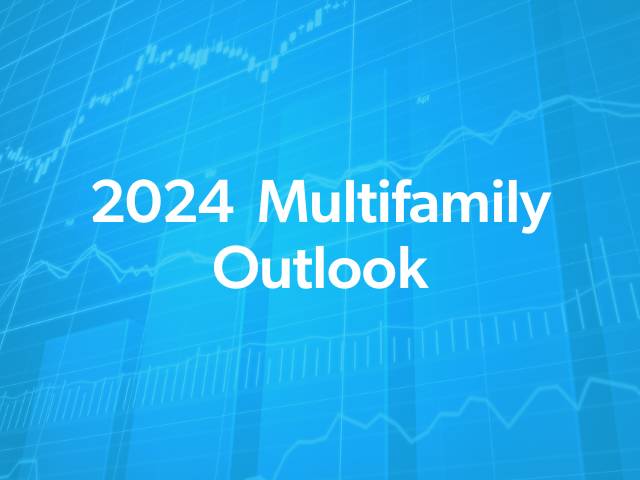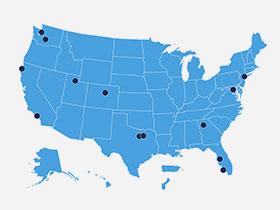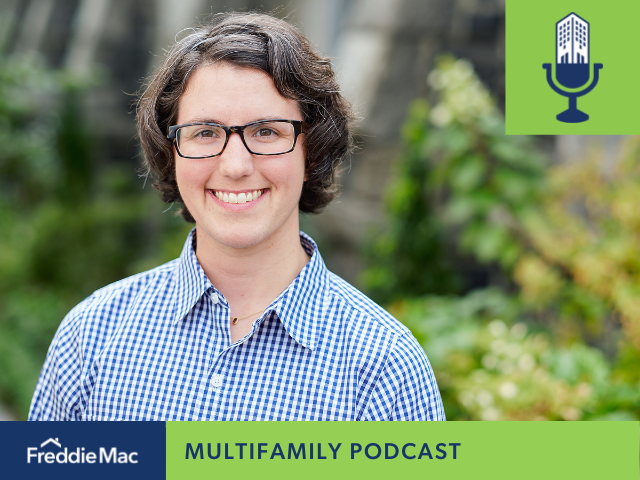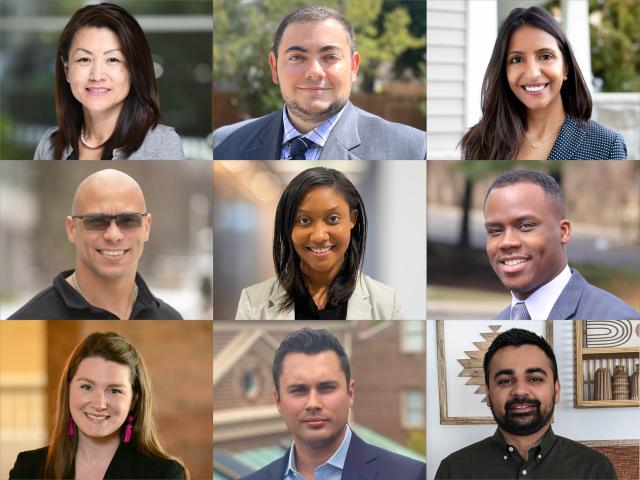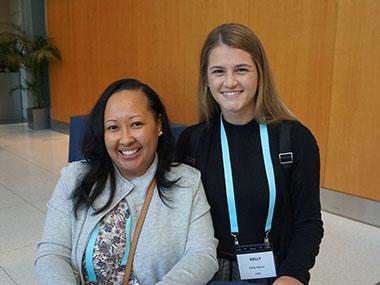Waqas Naeim
THE ALL-ROUNDER TEAMMATE
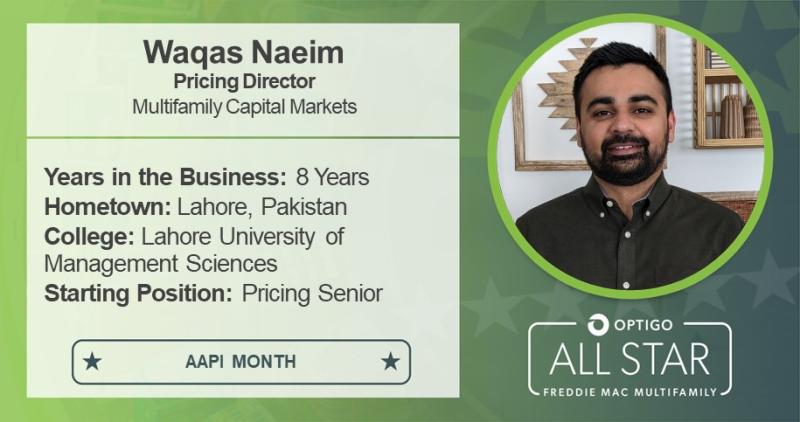
Waqas Naeim was born and raised in Lahore, Pakistan, the second most populous city in the country. He received his bachelor’s degree in Economics in 2009 and moved to the U.S. to look for a job, settling in Northern Virginia. This was a challenging time for Waqas — he didn’t know anyone and nothing on his resume was familiar to employers in the U.S. To top it off, the nation was just coming out of the 2008 Great Financial Crisis and employment opportunities were difficult to find.
Five months into searching for a job, Waqas received an offer from TD Bank in New Jersey. He worked in the back-office international wire department for a year, then moved to FI Consulting back in Virginia. In this role, he was contracted by Freddie Mac to model and build the pricing application for Multifamily deals, also called the Pricing Manager. When Freddie Mac decided to bring the application in house in 2016, Waqas was hired full time by the Multifamily Pricing team to manage it. Since then, he’s become one of the go-to technology resources in the Multifamily Capital Markets group.
For the last three years, Waqas has been focused on building the Pricing Engine in myOptigo® with the Multifamily Technology group. As the product owner, he helped determine how to modernize the tool while making sure to incorporate features that worked well from Pricing Manager. Today, both systems are running concurrently to allow for the eventual transition off Pricing Manager and onto myOptigo Pricing Engine.
Reflecting on his job, Waqas calls it a hybrid, niche role. He understands business speak because of his educational background, and through his work experience, he was exposed to writing code and building applications and tools. Over time, Waqas has found that he enjoys being in the intersection between finance and technology.
Waqas shares a bit about his experience at Freddie Mac and in recognition of Asian American Pacific Islander month, a cultural pastime he enjoys.
How do you think Freddie Mac promotes diversity/inclusivity?
A: The scenario that immediately pops into my head is when I was brand new to the pricing team. My colleagues knew I didn’t understand Capital Markets, but that didn’t mean my opinion held less value to someone who had been at Freddie Mac for two to three years. They’ve always welcomed diversity of thought. There’s an unspoken rule at our group meetings that if there’s no opposition to an idea or the consensus is easily reached without debate, we probably need to take a step back and reconsider. We all understand that nothing about our business is black and white, and we probably missed looking at the scenario from a different angle.
What makes a winning game plan?
A: Since I’ve been entrenched in myOptigo and the agile mindset for the last couple years, these are the two things currently that make a winning game plan to me.
First, don’t plan too much. When you’re putting pen to paper, you’re likely figuring out how to start, what the steps are in between and what the final product/project output looks like. You end up never really starting because you’re stuck on all the little details. Second, as a manager or someone on the receiving end of that output, it’s important to set the expectations. Ensure the project team understands that you don’t expect perfection, just something on the right track. That takes the pressure off people who are working on the project, and it helps them get started.
And this is when the real-world problems or challenges emerge — ones you wouldn’t have been able to plan for. You solve them iteratively, enhancing that draft each time you progress. There will be roadblocks and compromises that have to be made because of them, but if you keep chugging along, taking it 60%, then 80% until you reach that 100% goal, you’ll have a better chance at “winning the game”.
Waqas at bat during a cricket game.
May is Asian American Pacific Islander (AAPI) Month. Please share a cultural tradition or activity you enjoy.
A: In Pakistan, cricket is a huge part of the culture — almost like a second religion. When I moved to the U.S., I sold all my cricket equipment because I didn’t expect there to be a cricket community here. One day, while waiting in line to order food on the Freddie Mac campus, someone ahead of me was streaming a cricket game on their phone. We chatted a bit and I learned that there’s a cricket league in Virginia! I joined shortly after as a wicket-keeper batsman, which is equivalent to a catcher who’s a main batter in baseball. The league consisted of about 400 people, with the teams competitively playing against one another each week from April through September.
With my son’s birth in 2019 and the pandemic shortly after, I haven’t played since, but I’m hoping to get back into it soon. It’s a part of my culture that I was pleased to be able to enjoy in America.
To see all the Multifamily All-Stars, click here.



